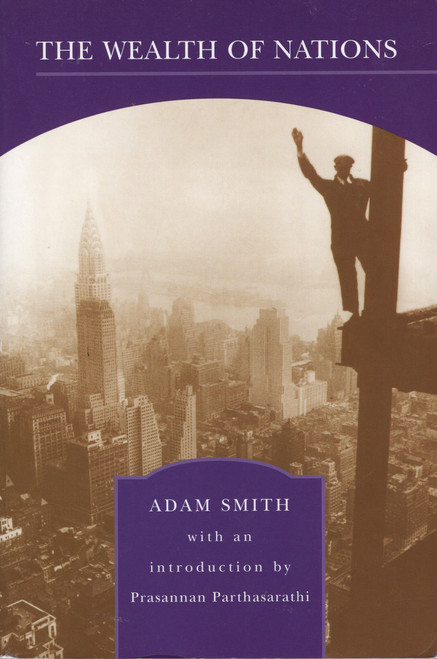Adam Smith is often considered the first modern economist. His magnum opus, The Wealth of Nations (1776), is widely credited with laying the theoretical and philosophical foundations for capitalism. The work had an immediate impact on economic thinking, in light of its argumetns for the freedom of trade. The Wealth of Nations is far more than a treatise of economic theory, however. Smith presents a powerful blueprint for a stable and peaceful society which rests upon a hardheaded and realistic assessment of humans and their nature.
About the Author
Adam Smith (1723 – 1790) was a Scottish moral philosopher, pioneer of political economy, and a key figure in the Scottish Enlightenment. Smith is best known for two classic works: The Theory of Moral Sentiments (1759), and An Inquiry into the Nature and Causes of the Wealth of Nations (1776). The latter, usually abbreviated as The Wealth of Nations, is considered his magnum opus and the first modern work of economics. Smith is cited as the father of modern economics and is still among the most influential thinkers in the field of economics today.







